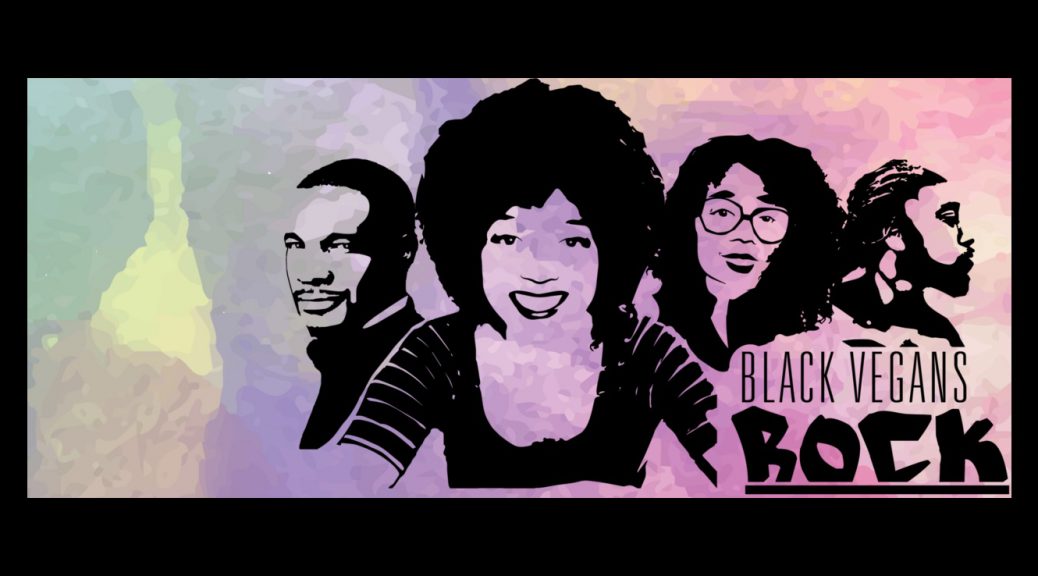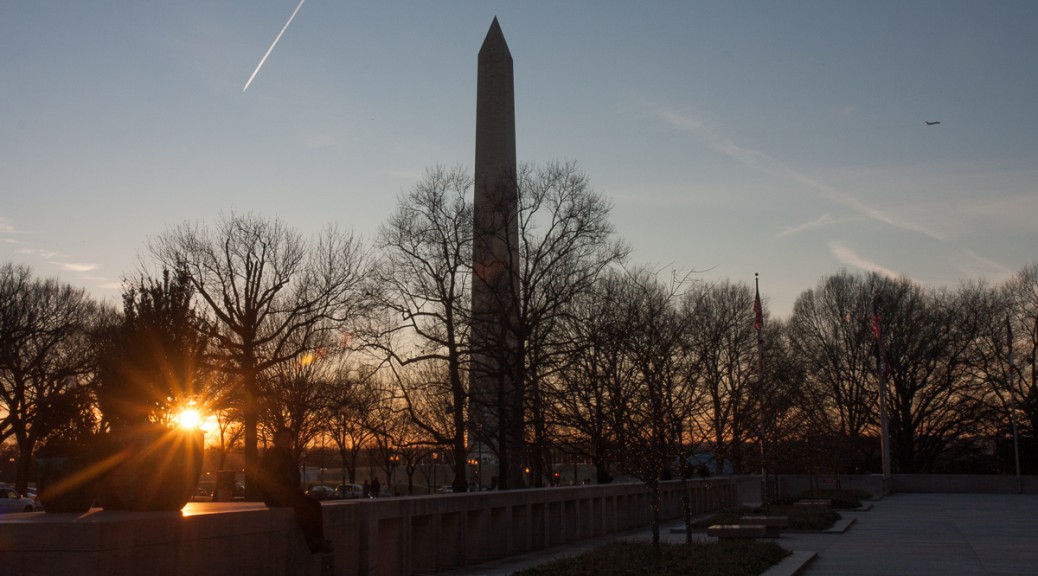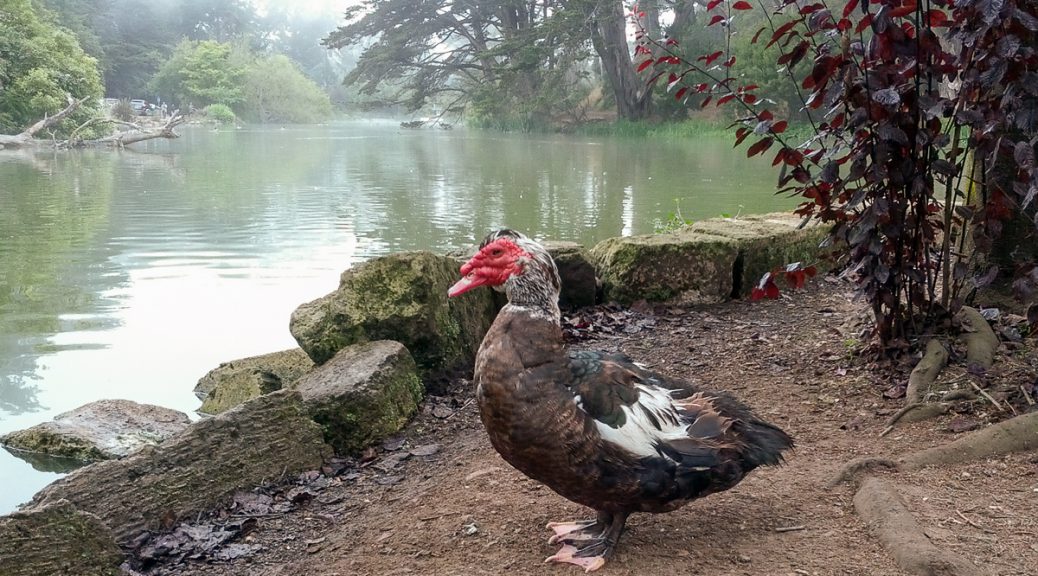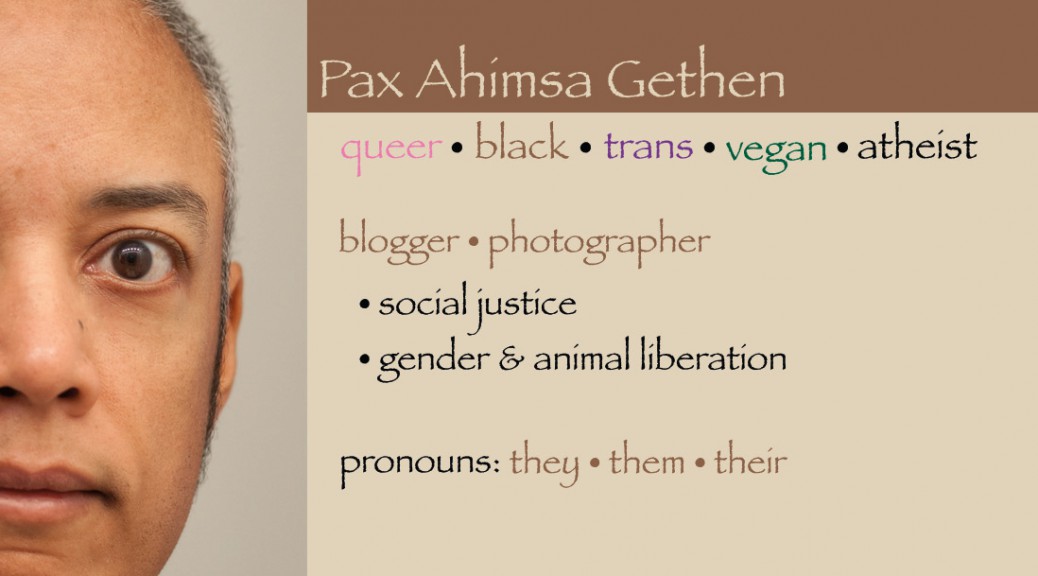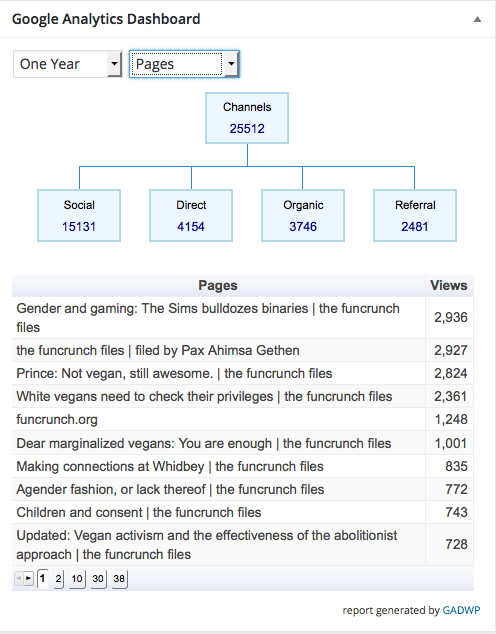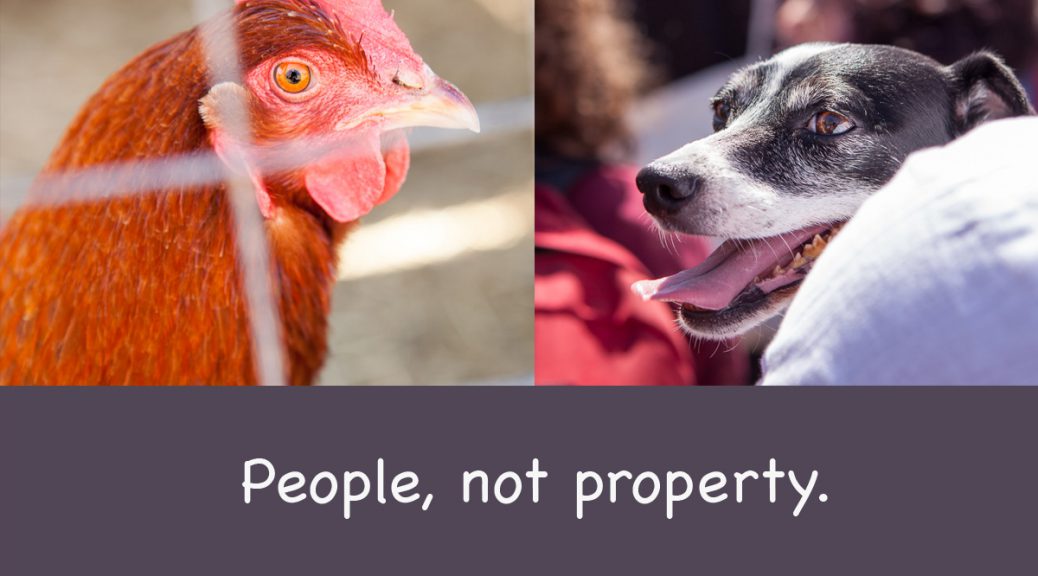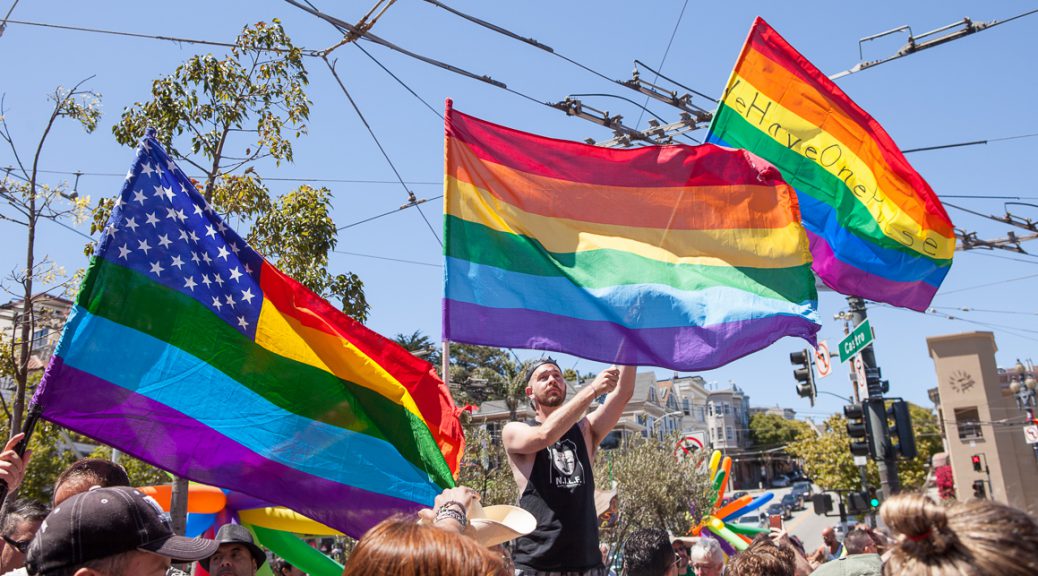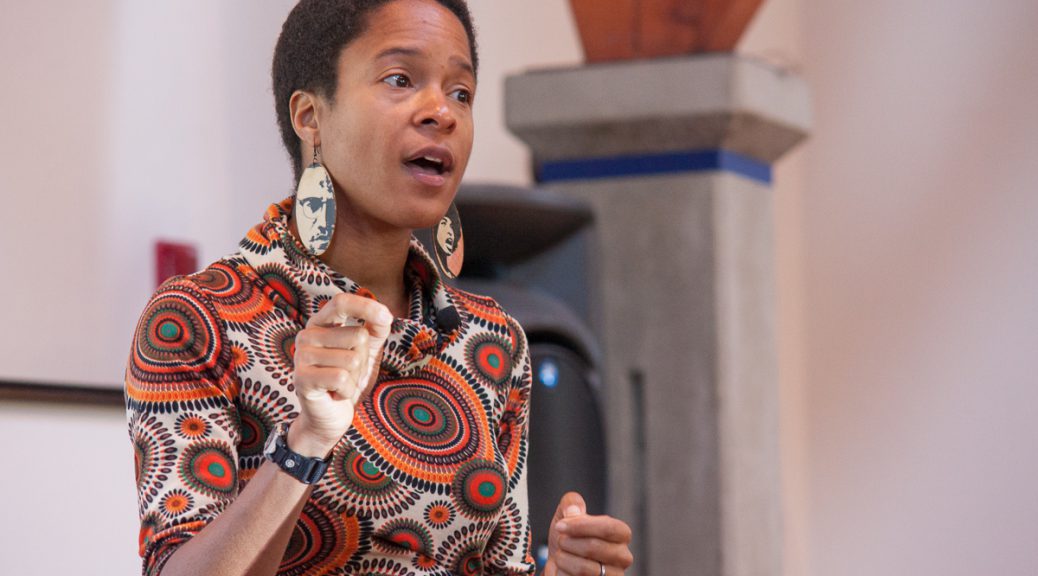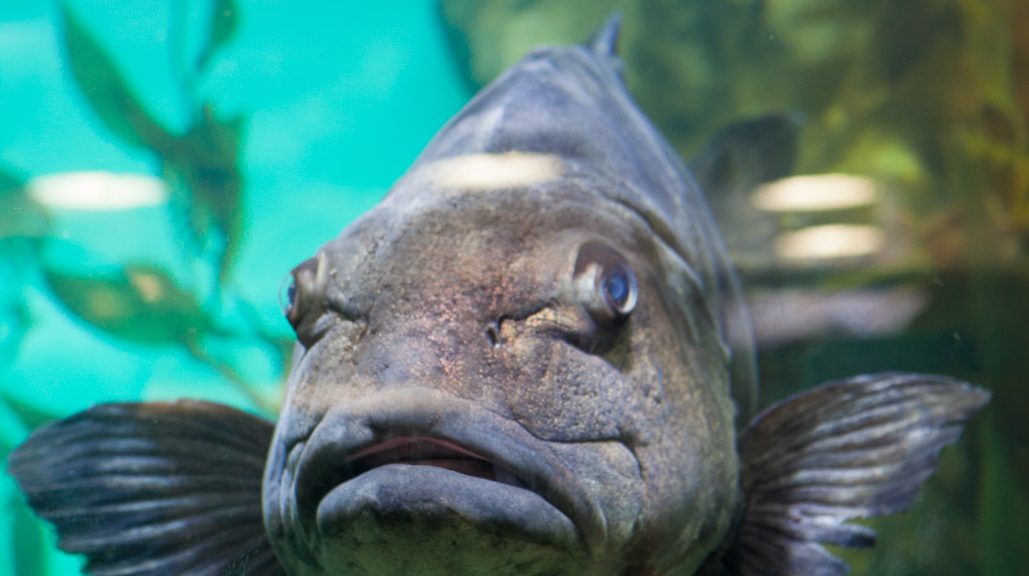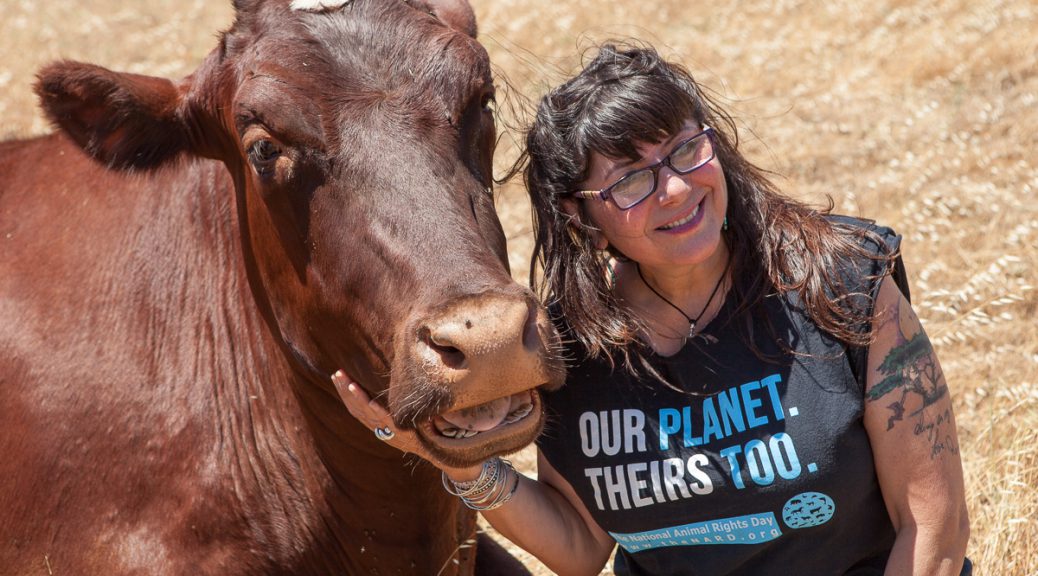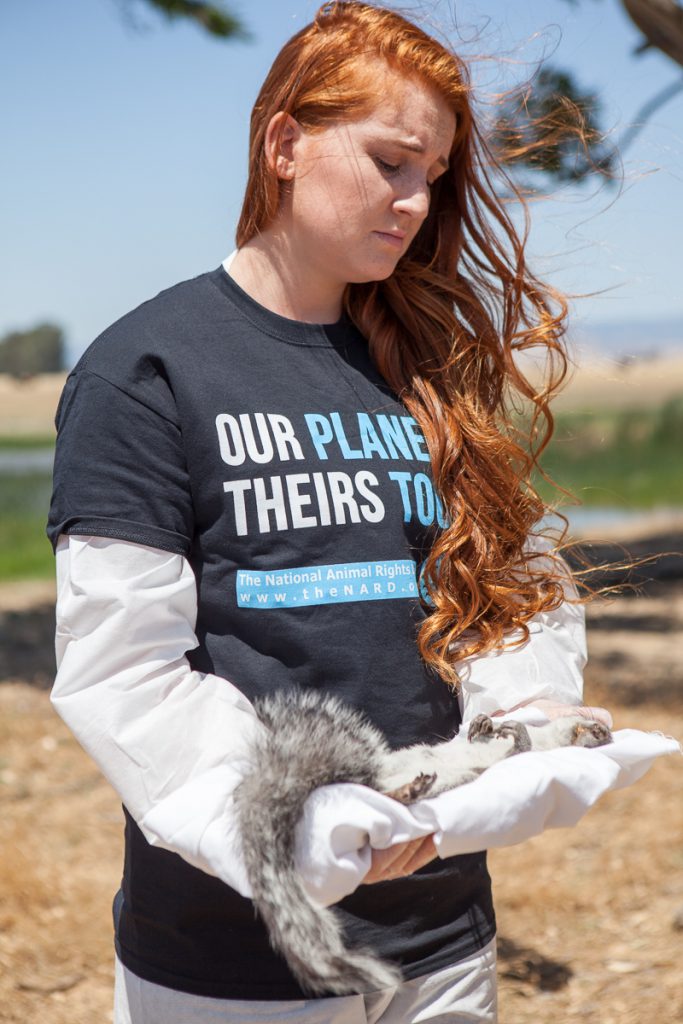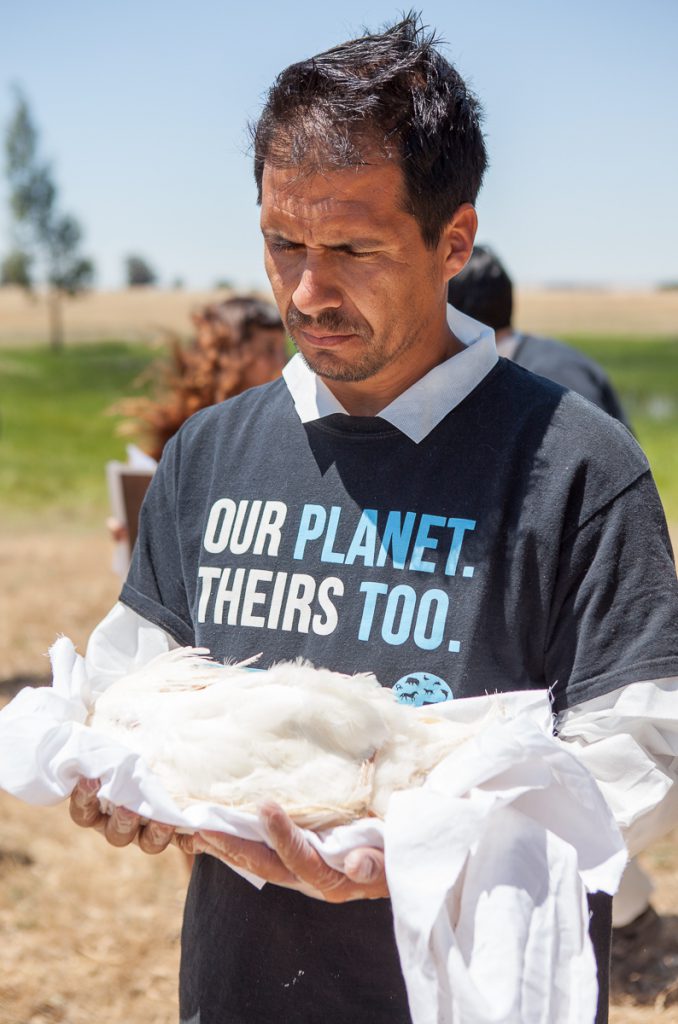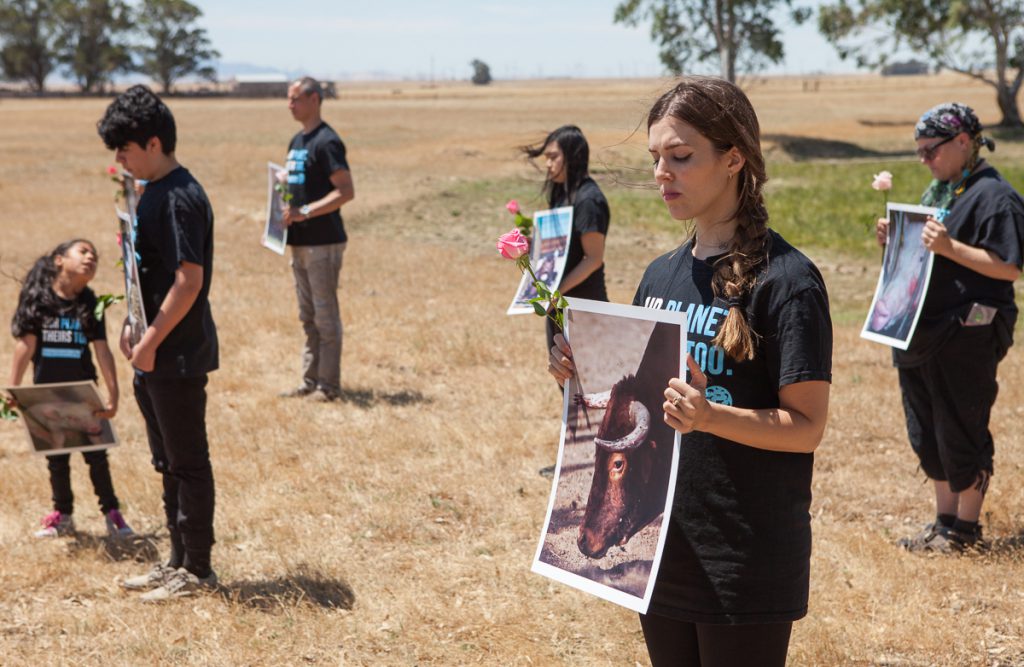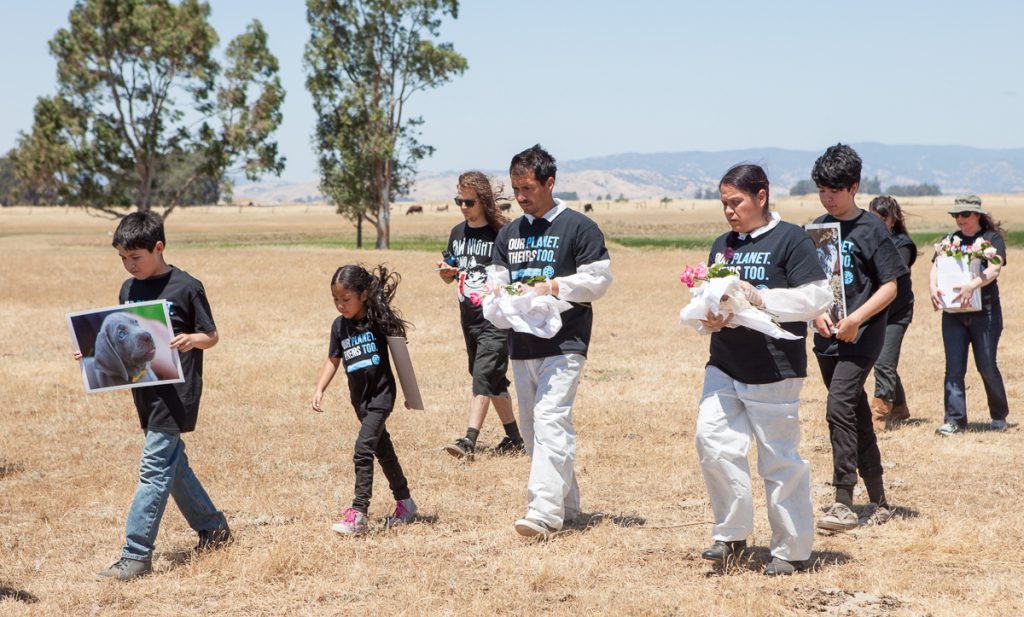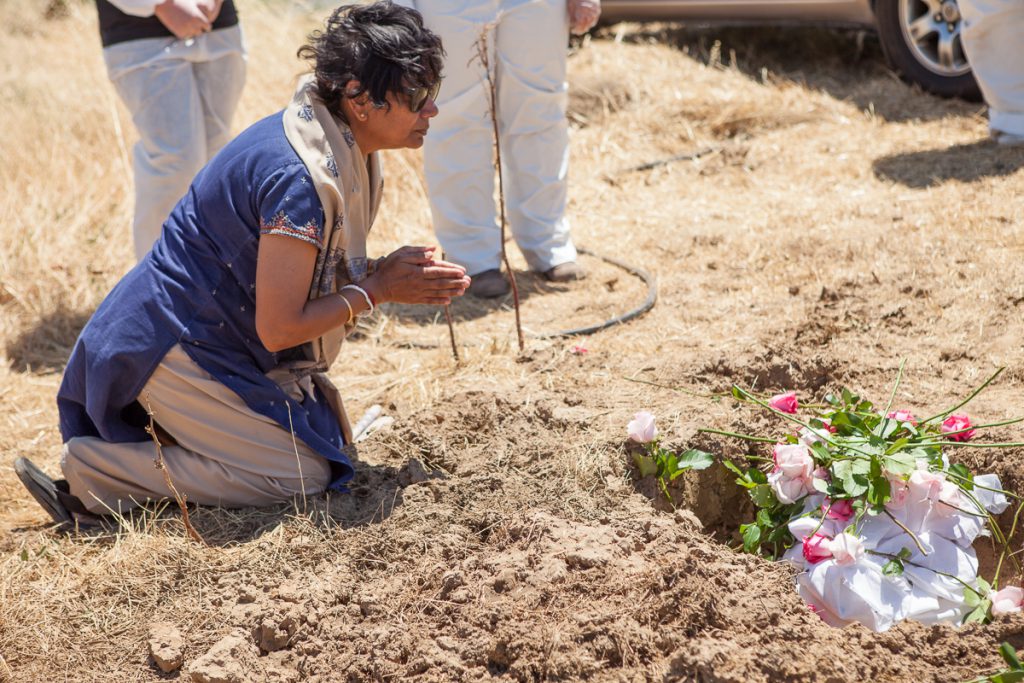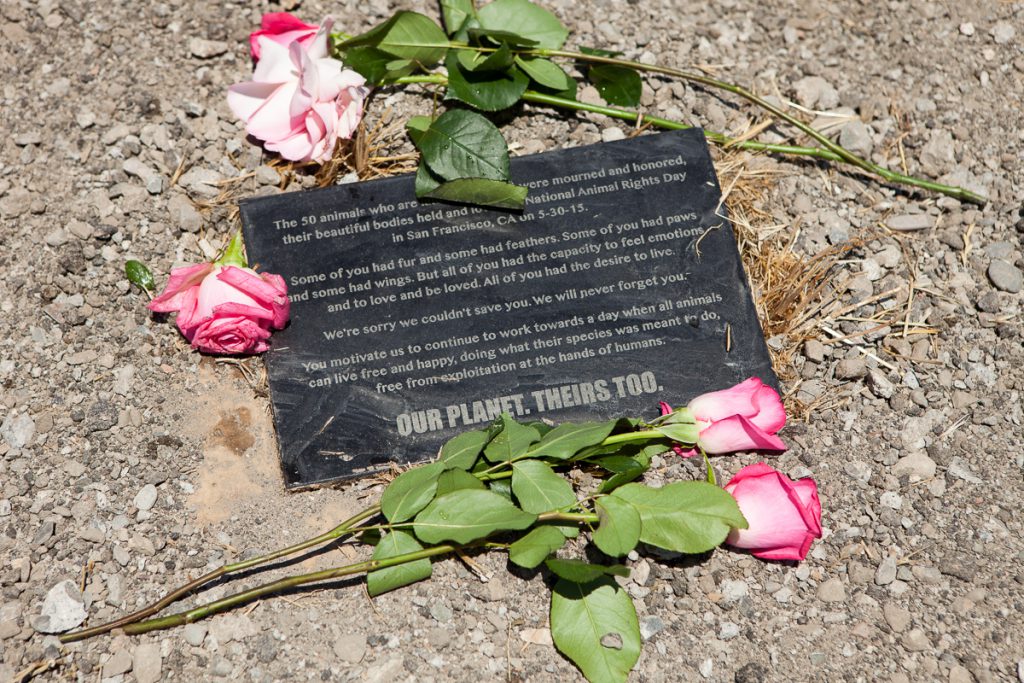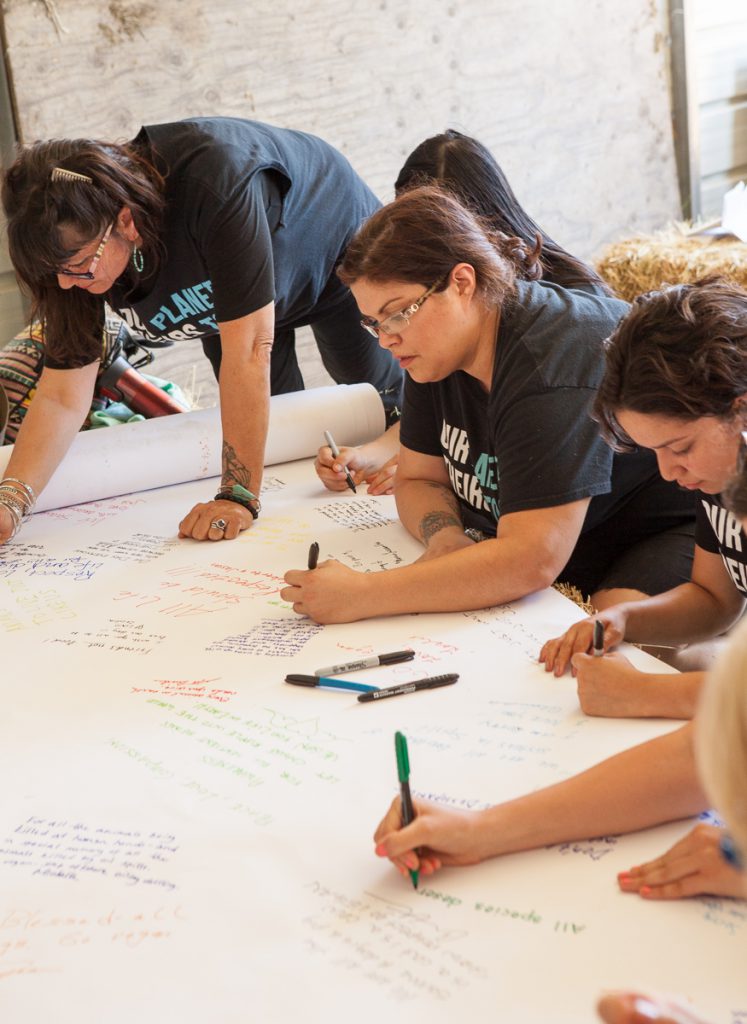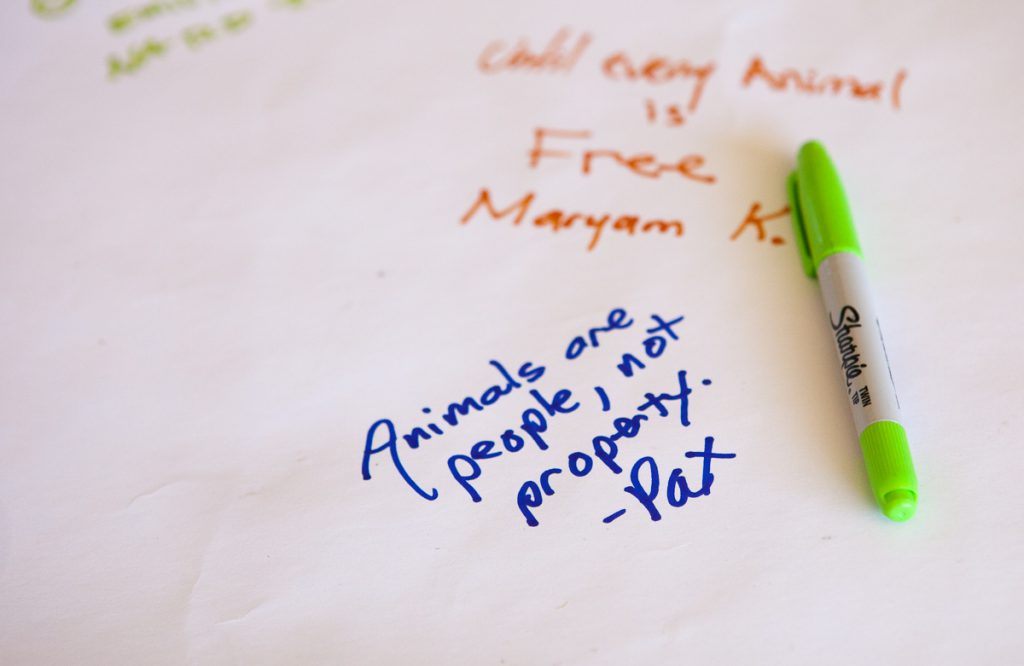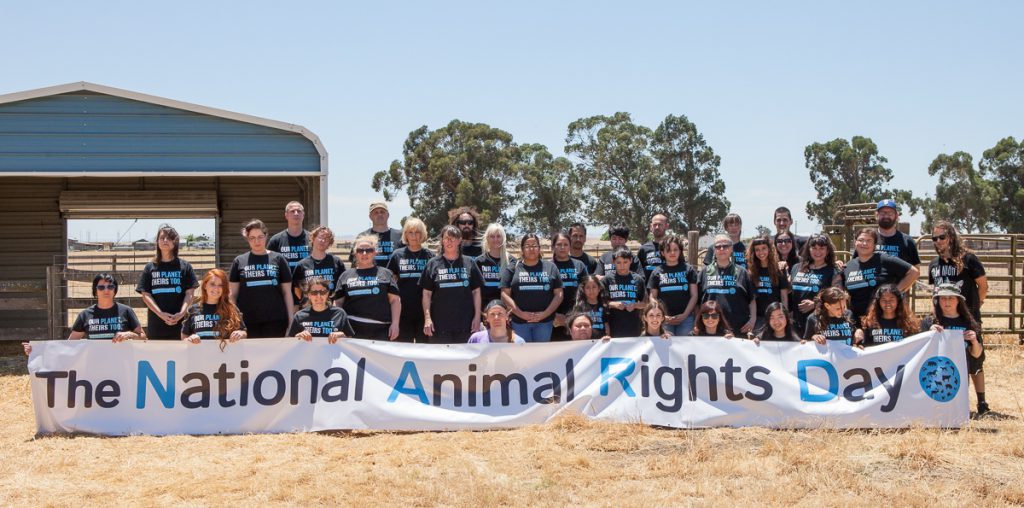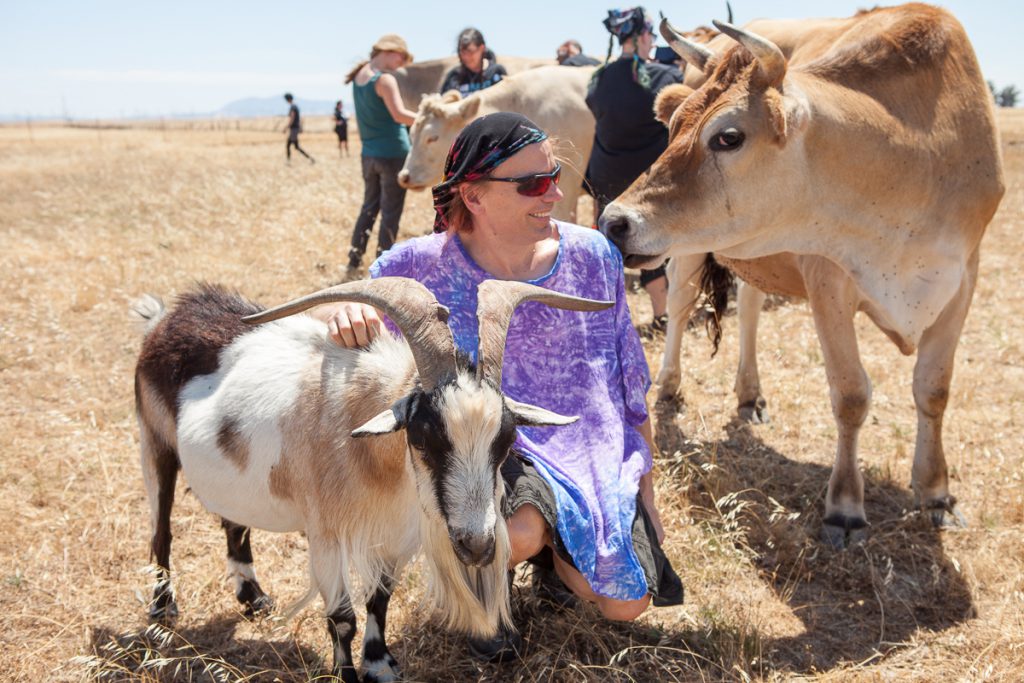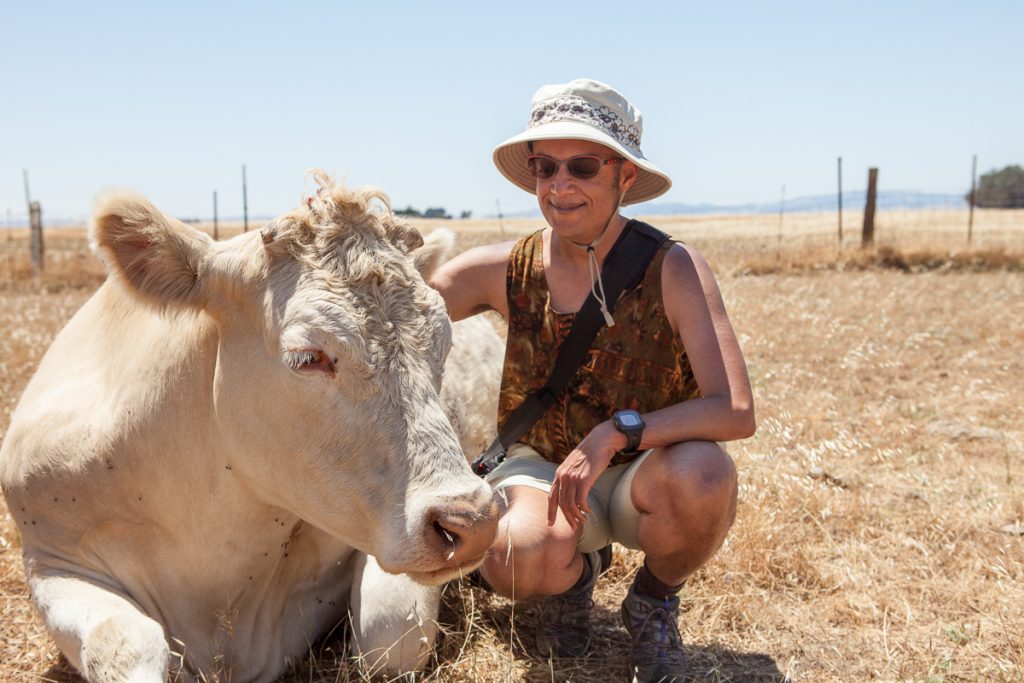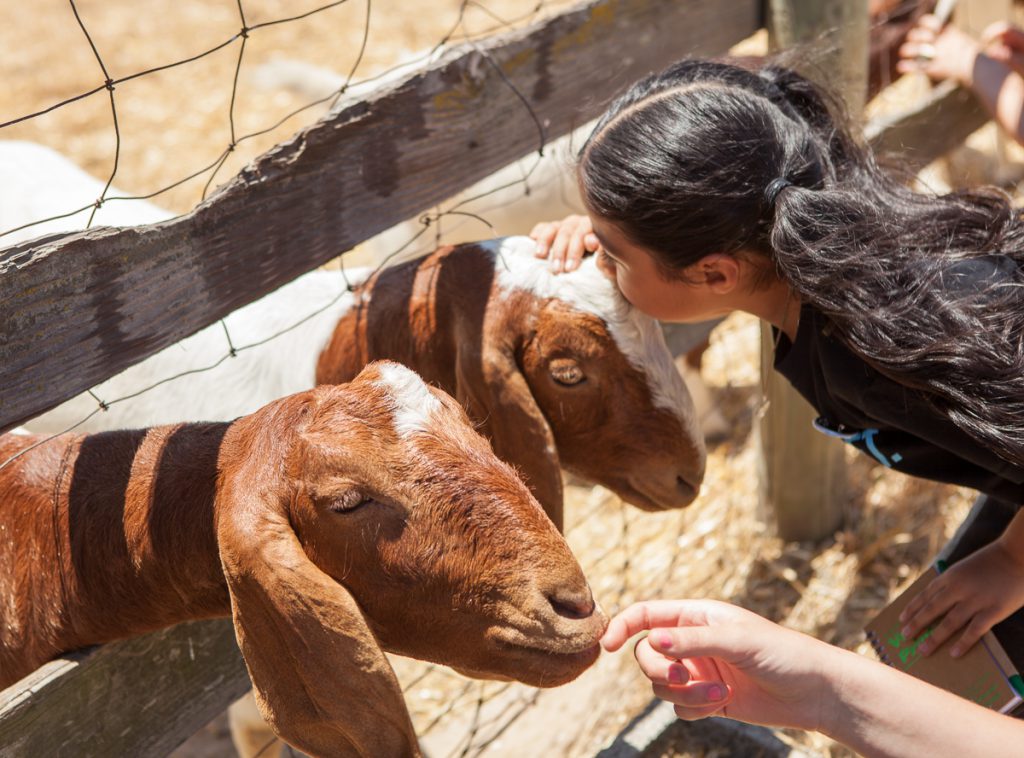[Image: Black Vegans Rock poster, designed by EastRand Studios.]
As I mentioned in a recent entry, I’ve been managing the Instagram page for Black Vegans Rock for the last month. Since Aph Ko launched the BVR web site in January, I’ve enjoyed reading the diverse stories and experiences of black vegans from all over the world. To date, we’ve featured over 130 individuals from all walks of life: Students, doctors, musicians, scholars, athletes, chefs, and more.
Working with Aph on Black Vegans Rock (I’m on the advisory board) has changed my thoughts about animal rights activism. I see a common theme in many of the stories we feature: The individual adopts a vegan diet initially for health reasons, and then later comes to appreciate the inherent worth of our fellow animals for their own sake. Not all follow this path, of course; some go vegan for ethical reasons from the start. But many black folks do adopt a vegan diet to address health problems.
While a vegan diet is definitely not a cure-all and no one should be shamed for illness, I believe we do need to acknowledge and address health issues in a non-oppressive way as part of our activism. Dairy products, for example, are particularly damaging to the health of black folks, the vast majority of whom are lactose intolerant. This is one of the many reasons why I will not promote vegetarian, “flexitarian”, or “reducetarian” diets. We only feature vegans on Black Vegans Rock.
Proper education about nutrition is so important and so lacking in a society dominated by advertising and lobbying groups from the animal slaughter industries. I recently watched a TV show that featured black vegan weightlifter Kendrick Farris, the only male weightlifter representing the USA in the 2016 Olympics. He and the interviewer went to a restaurant in Rio de Janeiro, and the interviewer, having apparently never been to a salad bar, said “So this is like ‘Build-A-Bear’ with vegetables!” After the segment, the host marveled that Farris could get enough protein without eating “beef and chicken”, also saying “You learn something new every day.”
Most of the episodes of this show about the Olympics have featured restaurants that serve copious amounts of animal flesh. Of course, there’s been no mention of the decimation of the Brazilian rainforest by animal agriculture, nor of the 1000+ activists killed in that country over the issue.* Veganism as decolonialism is another approach relevant to blacks and other people of color, and has also been a part of the story of several of those featured on Black Vegans Rock.
Discussing the health or environmental benefits of veganism does not preclude talking about ethics, or engaging in demonstrations or (in some cases) direct action. Many different types of non-oppressive activism have a rightful place in the animal rights movement. But no vegan should feel pressured or shamed into compromising their health or safety “for the animals”.
My own philosophy remains that animals are people, not property, and I approach animal rights activism primarily from that perspective. But Black Vegans Rock has helped me understand that other approaches still have a lot of value, particularly when it comes to marginalized communities.
* See the Cowspiracy facts page for more information.
